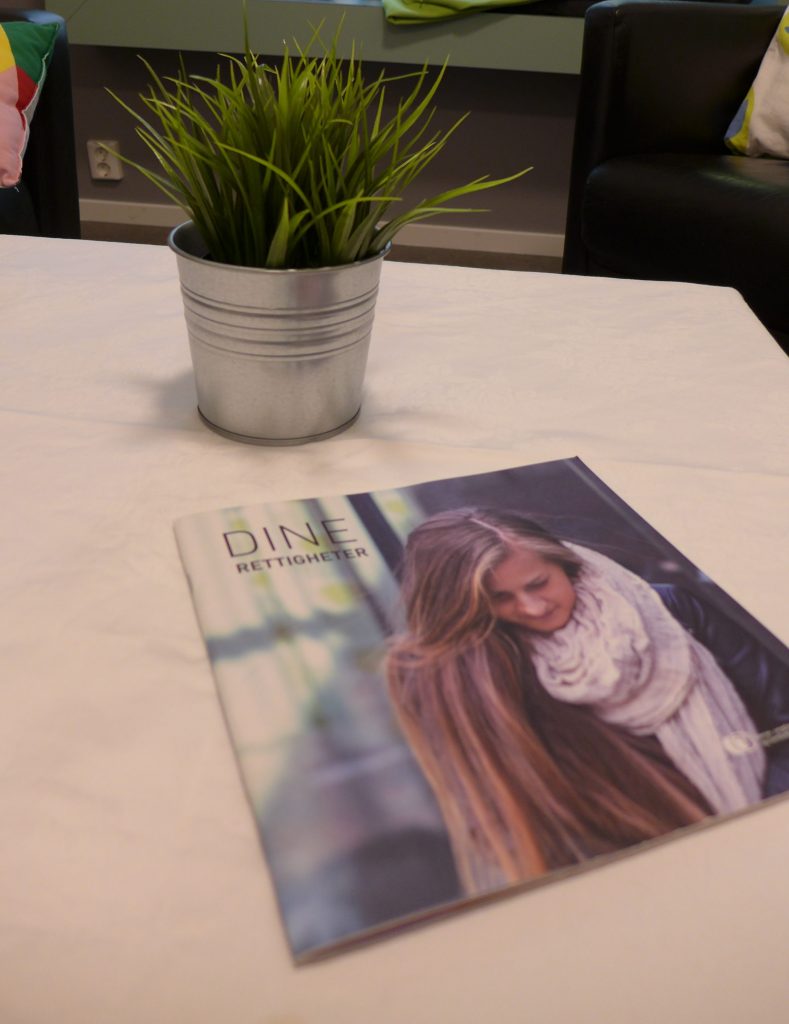When we visit
You know best what it is like to stay at the institution, which is why we would like to talk to you. Your experience is important to us, so that we can make good recommendations about what could be done differently. We have a duty of confidentiality about what you tell us.

When we visit, we first take a tour of the institution to see what it looks like. Is it a nice place to stay? Do you have everything you need in your room? Are the common areas in good condition?
We ask to read important documents, such as house rules, procedures, administrative decisions and records. We want to find out how your rights are safeguarded, especially when it comes to use of force. Does the institution use a lot of force? How do the staff work to avoid using force?
We are concerned with how you were received when you got here, whether you have any influence on your own everyday life, whether you get to meet your family and friends, whether you go to school and have the possibility to participate in activities, and whether you feel safe and looked after. We also talk to the people who work here, but not about the things you tell us.
After the visit, we will write a report that includes recommendations for improvements at the institution. In the report, all the conversations we have had are anonymised. That means that no one will be able to know who told us something or precisely what you have said.
Questions we might ask on a visit
- What was it like to arrive at the place you are now?
- What kind of information are you given?
- What is good about this place?
- Is there anything you wish were different?
- Does anyone use force against you?
- Have you or anyone else here been treated poorly?
- Do you get good help from the staff when you need it?